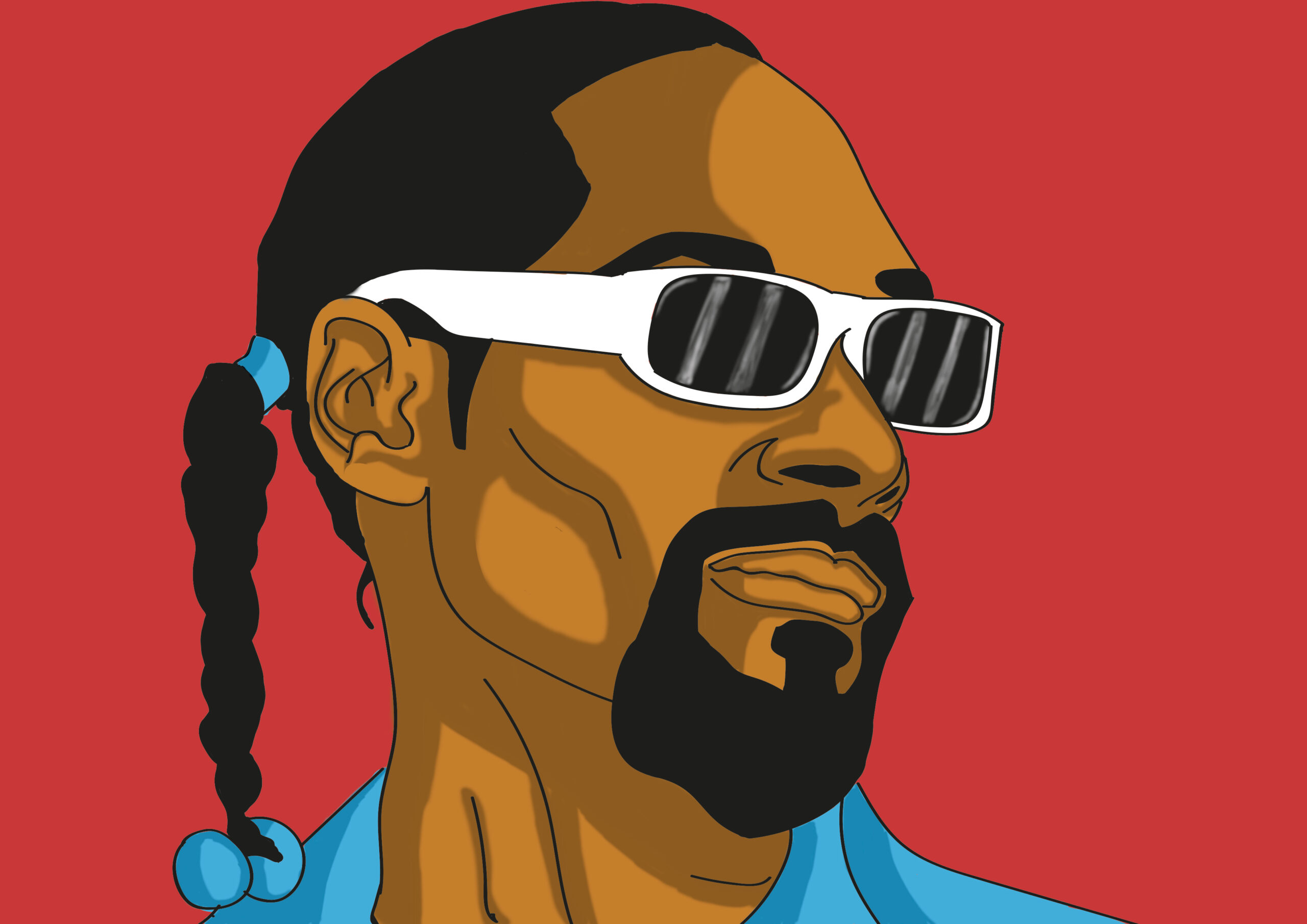
The Metaverse Musician
Streaming platforms have revitalized an archaic music industry model, and although music is uncostly and more accessible than ever before, artists still get the short end of the stick. With the involvement of agencies and intermediaries, the process of remunerating artists remains cluttered. Over the last two years, new technologies such as NFTs, decentralized streaming, and (more recently) the Metaverse have emerged, creating more autonomous opportunities for artists.
The Metaverse is the next iteration of the internet, an all-encompassing virtual layer to our reality. With the help of VR and AR technologies, the metaverse realizes a 3D world where your avatar can attend concerts, organize meetings, shop, hang out with friends – amongst a whole host of other things to do.
As the world navigates the covid-19 pandemic, extensive IT, entertainment, and education sectors have found their footing online. Artists have connected with fans through online concerts, live events, VIP chat rooms, Twitch streams, Patreon, etc.
The metaverse opens up new possibilities for the digital connotations of music. With the advent of NFTs, fans are now excited to connect and support their favorite artists by purchasing digital art and services. Apart from hosting songs and concerts, the metaverse can sell digital merchandise, visual art, VIP experiences, exclusive content, and access passes, etc.
Although in its infancy, concerts in the metaverse have been explored by several artists and tech companies. Big-name artists like Travis Scott, Ariana Grande, Marshmallow, etc., have hosted virtual shows and generated millions in revenue. One benefit of virtual concerts is that attendees aren’t restricted by geography. Anybody anywhere in the world can jump into a virtual concert, allowing artists and organizers to have larger audiences without physical restrictions. In an interview with Synchtank, Jon Vlassopulos, the global head of music for video game developer Roblox, mentioned, “Artists can perform in infinite venues they dream up and perform for millions of fans in a single night, instead of having to fly around the world for 18 months on a physical tour”(Gilbert,2021). Famous hip-hop artist Snoop Dogg partnered up with Sandbox, a decentralized gaming world where he owns virtual properties. Players in this game will be able to “virtually meet Snoop in a digital replica of his mansion” and also have access to “an NFT private party pass that includes access to exclusive concerts, events, Q&As, and NFT drops”(Yiu,2021). In late 2020, a fan purchased virtual land worth $450,000 to be Snoop Dogg’s neighbor.
A fundamental element of any artist is their artist persona. Beyond music, fans connect with their favorite artists’ values, branding, and overall story. Musicians can use the nascent metaverse universe and create their 3D avatars to interact with fans. Famous artists like Justin Bieber, Rihanna, Migos have metaverse avatars. This shows how prominent music icons and their representatives adopt the metaverse to further the changing artist-fan relationship.
NFTs in the metaverse can be game-changing for artist revenue. Buying NFTs allows fans to support the artist and show off their virtual tokens. It conveys the identity and status of an avatar in the metaverse. For example, an artist can create a virtual concert experience that culminates with NFT drops that include special access to members-only content or a collection of limited edition art, etc. Furthermore, the artist can have smart contracts to benefit financially each time the NFT is resold.
Conclusion
The Metaverse is a growing entity that requires immediate investigation. An incredible amount of investment is fueling its development, and creatives would benefit from getting accustomed to it. As far as curating unique experiences is concerned, the possibilities of the metaverse seem endless. However, this also means that legal deliberations regarding royalties and rights in the virtual space are required.
Rapid technological advances are expanding the way we think and interface with life. The metaverse lies at the intersection of what is considered real and virtual. Bustling with possibility and potential, the metaverse could be transformative for the music industry and the entities surrounding it.
References
1)Yiu, R. (2021) SNOOP DOGG IS IMMERSING HIMSELF IN THE METAVERSE, [Online] Available at:<https://liftedasia.com/article/snoop-dogg-is-immersing-himself-in-the-metaverse>
2)Gilbert, B. (2021) OK COMPUTER: WILL THE NEXT PHASE OF THE MUSIC INDUSTRY TAKE PLACE INSIDE THE METAVERSE? [Online] Available at:<https://www.synchtank.com/blog/will-the-next-phase-of-the-music-industry-take-place-inside-the-metaverse/>


